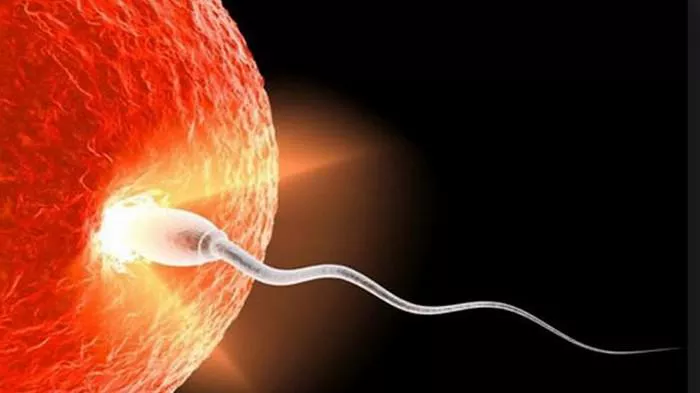Embarking on the journey to parenthood often involves adopting a holistic approach to health, including nutrition. Consuming a well-balanced diet rich in fertility-boosting nutrients can play a significant role in optimizing reproductive health for both men and women. In this comprehensive guide, we’ll explore various foods that can enhance fertility and support your journey towards conception.
Understanding Fertility-Boosting Foods:
Fertility-boosting foods are those that provide essential nutrients known to support reproductive health and optimize fertility. These nutrients include vitamins, minerals, antioxidants, and other bioactive compounds that play key roles in hormone regulation, egg and sperm development, and overall reproductive function.
What Can I Eat to Boost My Fertility?
Fruits and Vegetables:
Colorful fruits and vegetables are packed with vitamins, minerals, and antioxidants that support reproductive health. Leafy greens like spinach and kale are rich in folate, while citrus fruits provide vitamin C, which may improve sperm quality. Carrots, sweet potatoes, and bell peppers are excellent sources of beta-carotene, which supports egg health.
Whole Grains:
Whole grains such as oats, quinoa, brown rice, and barley are rich in complex carbohydrates, fiber, and B vitamins, which are essential for hormone production and regulation. Fiber helps regulate insulin levels, which can have a positive impact on fertility. Opt for whole grain options over refined grains to maximize nutritional benefits.
Healthy Fats:
Incorporate sources of healthy fats into your diet, such as avocados, nuts, seeds, and fatty fish like salmon and sardines. These foods provide omega-3 fatty acids, which have been shown to support reproductive health and may improve fertility in both men and women. Omega-3s also help reduce inflammation, which can impact fertility.
Lean Protein:
Choose lean protein sources such as poultry, fish, eggs, legumes, and tofu to support optimal egg and sperm quality. Protein is essential for building and repairing tissues, including reproductive organs, and can help regulate hormone levels. Iron-rich protein sources like lean red meat and beans are especially important for women to prevent iron deficiency anemia.
Dairy or Dairy Alternatives:
Low-fat dairy products or fortified dairy alternatives like almond milk or soy milk provide calcium and vitamin D, which are important for reproductive health. Calcium supports uterine health and muscle function, while vitamin D plays a role in hormone regulation. Aim for moderate consumption of dairy products as part of a balanced diet.
Foods Rich in Folate:
Folate, also known as vitamin B9, plays a crucial role in DNA synthesis and cell division, making it essential for healthy egg and sperm development. Include folate-rich foods such as leafy greens, legumes, citrus fruits, and fortified grains in your diet. Folic acid supplements are also recommended for women trying to conceive to reduce the risk of neural tube defects in the fetus.
Antioxidant-Rich Foods:
Antioxidants help protect reproductive cells from damage caused by free radicals, which can impact fertility. Incorporate foods rich in antioxidants, such as berries, nuts, seeds, and colorful fruits and vegetables, into your daily meals. Vitamin E found in nuts and seeds, as well as vitamin A from carrots and sweet potatoes, are particularly beneficial for fertility.
Conclusion:
Optimizing fertility through nutrition involves nourishing your body with nutrient-rich foods that support reproductive health and hormone balance. By incorporating a variety of fruits, vegetables, whole grains, lean proteins, healthy fats, and fertility-boosting nutrients into your diet, you can enhance your chances of conception and support overall reproductive wellness.























